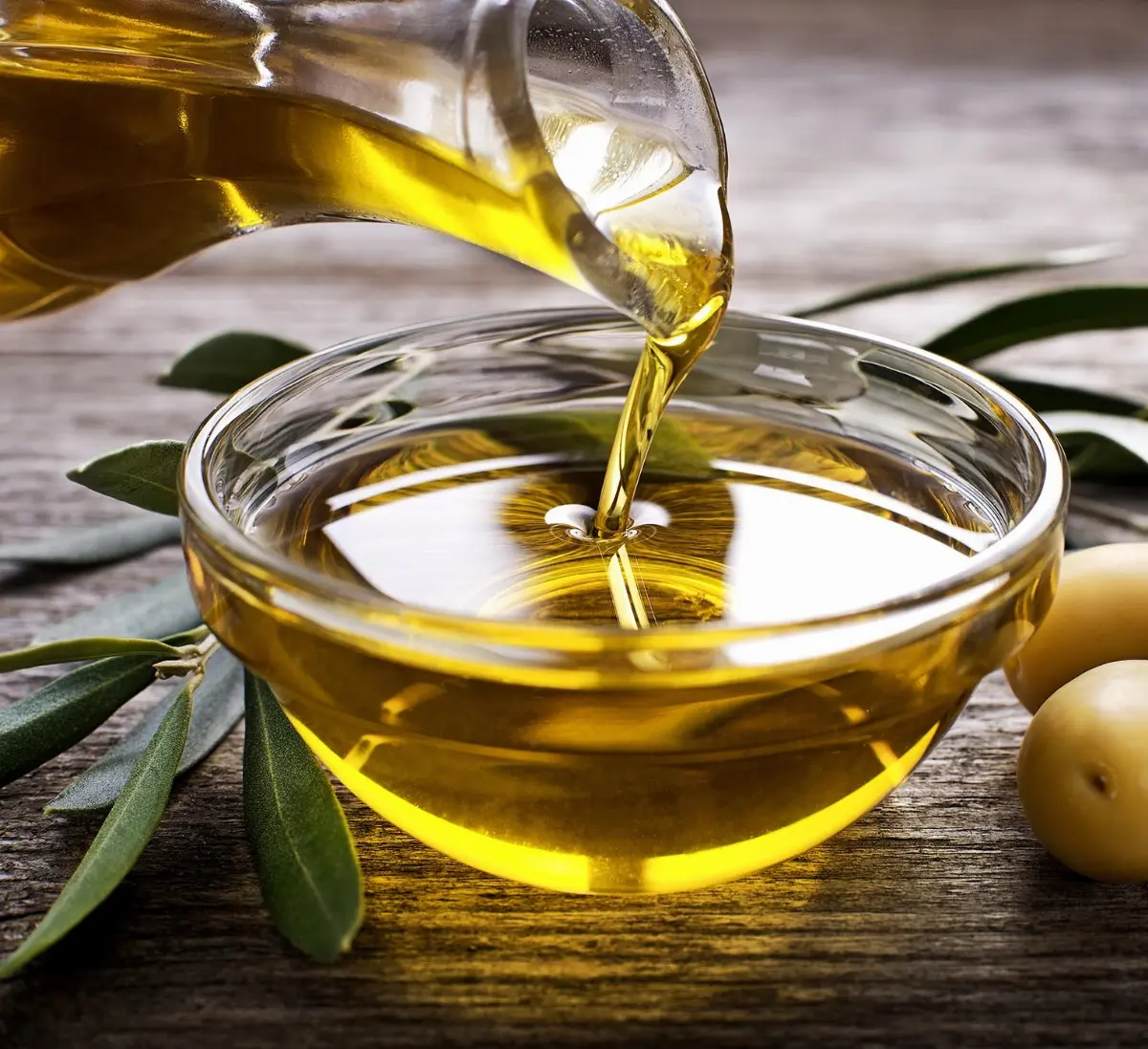
Olive oil, EU on the alert for fraud risks
Copa Cogeca takes a stand against the dangers of rising prices

"I am confident that the new legislative mandate of the EU will give priority to the protection of olive oil and it is imperative to act quickly to preserve the integrity and quality of this iconic product, ensuring its future in an increasingly competitive global market". Thus begins the statement issued by Copa Cogeca signed by Fernando do Rosario, chairman of the Copa-Cogeca working group on olive oil and, in turn, olive producer. The theme of the note is the rise in olive oil prices that "raises alarm in the sector for the risks of fraud".
The EU is the world’s largest producer of olive oil, with around 65% of global production. However, the statement stresses that "due to adverse weather conditions, recent harvests have been poor". In 2022/23, the EU’s olive oil production decreased by about 40% compared to previous years and in 2023/24 it dropped by 25% compared to the five-year average: this trend is reflected at global level, with a decline in olive oil production in many regions. As a result, says the Copa Cogeca, "olive oil prices have soared worldwide, with increases ranging from 100% to 175% for extra virgin oil, depending on the market".
The danger of "cheap" alternatives
In this context, the note continues, "Consumers might be attracted to cheaper alternatives, while traders might be tempted to offer low-cost options, thus increasing the risk of fraud in a market known for its quality and secular traditions". Unfortunately, the EU farmers' organisation stresses that "Olive oil fraud is not a new threat: olive oil is a high value product and the temptation of unscrupulous actors to maximise profits at the expense of consumers and product quality persists. When consumers are unaware of the differences between different types of olive oil, fraudulent practices become more widespread".
EU against fraud
For this reason, adds the Copa Cogeca, "it is essential to tighten up the administrative responses and criminal sanctions for fraudsters, while investing in consumer education: once consumers are aware of the distinctions between extra virgin, virgin, lambswool, bagasse and refined oils, and the processes and flavours involved, the fraud rate will decrease. Educated consumers will be able to make informed decisions and avoid inferior products".
The (incorrect) practice of "cutting oil"
A common practice in the olive oil sector is the cutting of different vegetable oils: in this regard, writes do Rosario in his note, "I have to raise an important problem with the current marketing standards of the EU, which Copa-Cogeca has long been asking for reform: the possibility of banning the sale of blends of olive oils in countries where their production is not allowed. Currently, EU rules allow for the lawful blending of olive oils with other vegetable oils and member states may choose to ban such mixtures in their territories. This policy is designed to protect and promote the quality of pure olive oil and reduce the risk of misleading consumers".
Possible solutions
"However -the chairman of the working group continues-, there is a loophole: if olive oil from one member state that prohibits blending is exported to another EU country where mixing is allowed, the blended oil may be reimported and sold in the State of origin. Although this is technically legal, it undermines the intent of the original ban, as it allows the mixture to 'exit the front door and re-enter the back one'. Consumers have a right to know that when they buy olive oil, are buying pure olive oil, not a mixture with inferior products".
The problem of packaging
In addition to addressing the issue of mixtures, adds the expert, "we need to focus on how olive oil is presented to consumers: some Member States have introduced stricter rules requiring the use of non-refillable bottles for olive oil in restaurants and catering establishments. These bottles guarantee that what is served is real olive oil and not a lower quality substitute. Harmonising such rules across the EU would not only promote the cohesion of the internal market and facilitate trade, but also ensure safety, quality and consumer protection".
Traceability
"I urge the olive oil sector -writes do Rosario-, consumer organisations and European institutions to work together to improve traceability and consumer protection, with particular attention to blends and packaging. We need stronger safeguards to ensure that olive oil remains a superior product that consumers can trust".
"Moreover -he says- we cannot ignore the competition from neighbouring countries of the Mediterranean basin, such as North Africa and the Middle East. Although these regions face similar climate challenges, their production costs are much lower than those of Europe. Countries like Tunisia, for example, have exported more than 56,000 tonnes of olive oil to the EU every year, duty-free since 1998. Although these imports may help to lower prices in short periods, they should be seen as a temporary solution".
"The orientation of European consumers towards non-Community olive oil -says the note from the representative Copa Cogeca- is a threat to the high quality production standards of the EU. In recent years, due to the reduction of European production, imports from third countries such as Chile and Argentina have increased. While EU producers are committed to respect workers' rights, environmental standards and economic sustainability, these same guarantees do not always apply to imports from third countries. It is essential to reflect these values in international trade agreements and give priority to European production".
Mediterranean diet
"Olive oil -concludes the president- is one of the pillars of the Mediterranean diet, considered a complete and balanced food model with proven benefits for health and considered intangible heritage of humanity by Unesco. Olive oil is a high nutritional quality product as it consists of monounsaturated fatty acids, vitamin E and β-carotenes, which give it cardioprotective properties".
EFA News - European Food Agency